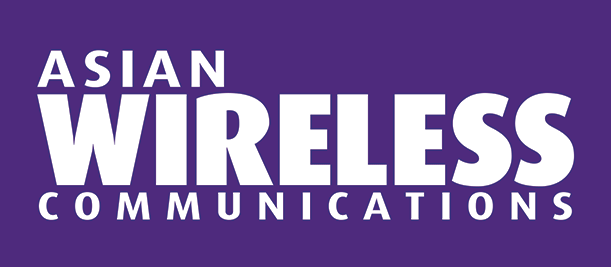03 December 2024
New research from ABI Research commissioned by Boldyn Networks has revealed that Neutral Host Networks (NHNs) are 38% greener and up to 47% more cost-effective than traditional standalone 5G deployments.
Increased network demand and higher frequencies used for 5G technology mean a higher densification of base station sites is required to support 5G network rollouts. Those requirements result in additional costs incurred from building and maintaining new 5G sites, as well as a negative impact on national power grids. As telco players continue their efforts to deliver an interconnected future, models of network sharing present new opportunities.
In dense urban environments, ABI Research expects net energy savings of 20% and cost savings of 40% from 5G small cell deployments via NHN when compared with individual standalone deployments. In urban environments, expected net energy savings range from 27-33% and cost savings reach 47%. In suburban areas expected net energy savings range from 35-38% and cost savings remain 47% cheaper than traditional 5G small cell deployments.
“ABI Research’s industry proven network model indicates that there are significant cost, energy and efficiency benefits when considering a neutral host over a traditional network deployment,” said Dimitris Mavrakis, Senior Research Director at ABI Research. “Network modelling in New York and Rome shows costs and energy savings as high as 40%, providing a substantial improvement to 5G expansion operator efforts. ABI Research expects neutral host operators, such as Boldyn, will play an increasing role in network densification efforts in the next few years.”
“Advances in 5G will enable new possibilities in the way we live, work, and play. But as an industry we have the responsibility to roll out new networks in a way that is both cost-effective and sustainable,” said Brendan O’Reilly, Group Chief Operating Officer at Boldyn Networks. “The neutral host model is an elegant, practical solution to reducing capital and operating expenditure for MNOs. It is also critical to accelerating the adoption of 5G and ensuring the delivery of transformative connectivity services for businesses, people and communities worldwide. If the telecoms industry is to truly deliver on the promise of a sustainable, inclusive, interconnected future then mobile operators must consider neutral host a real alternative to delivering future networks.”






